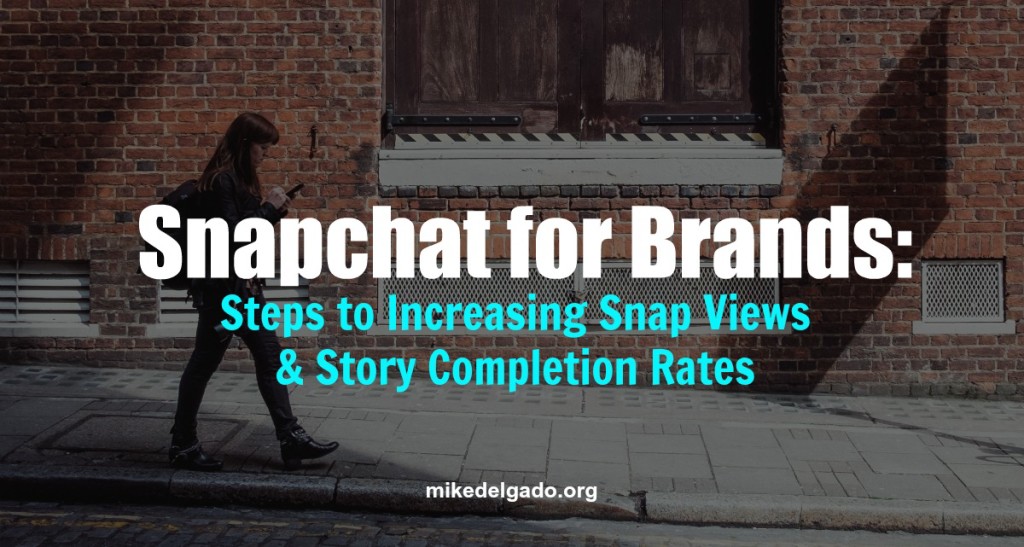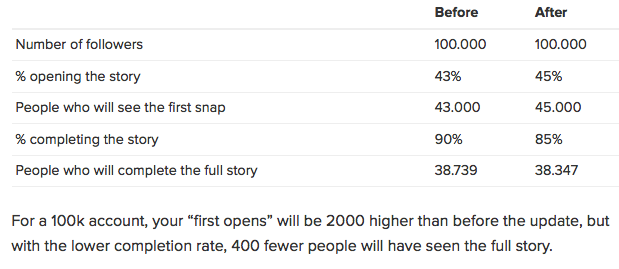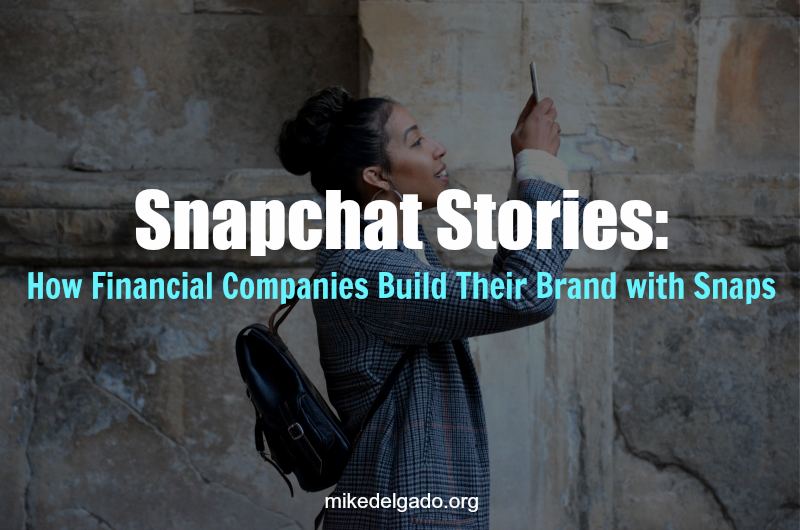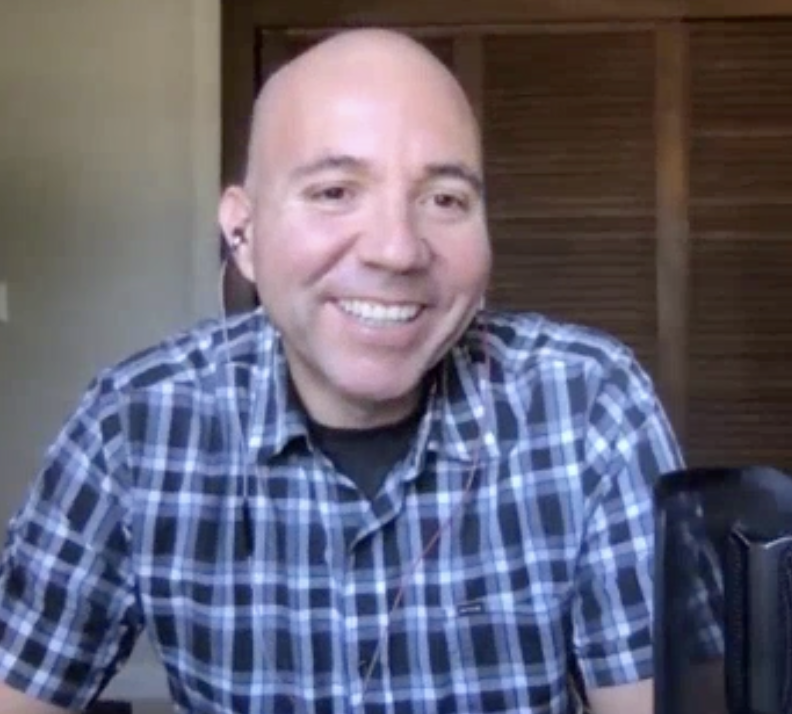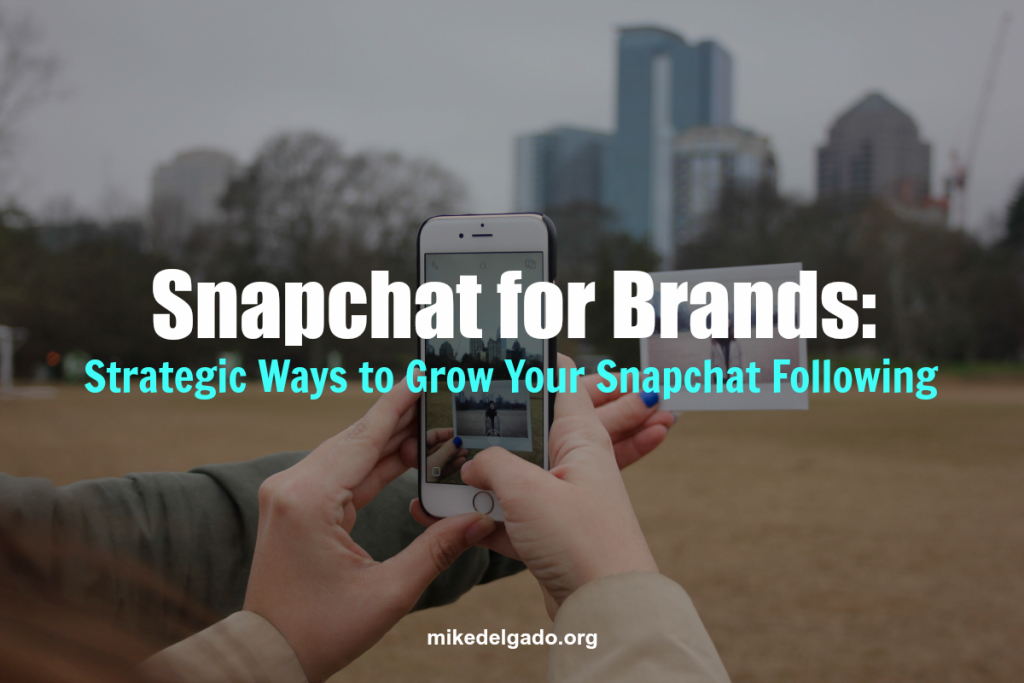
Growing a relevant following on Snapchat is difficult.
It’s not as easy as getting a “like” on Facebook or a “follow” on Twitter or Instagram.
This is because it requires your fans to know your username (or have seen your snapcode) and — more importantly — have an incentive to follow you.
Here are seven strategies brands are using to boost their Snapchat following:
1. Promote your brand’s snapcode on other social networking sites
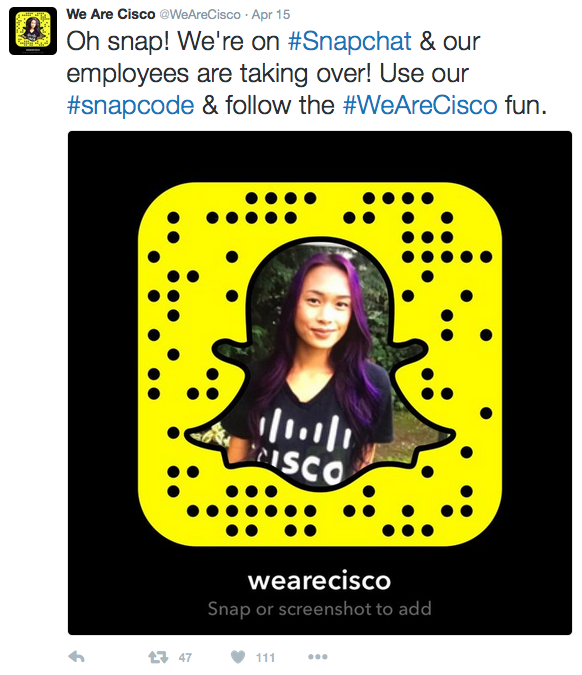 Whenever you launch a new social profile (or seek to grow awareness of another social channel), you need to let your fans know.
Whenever you launch a new social profile (or seek to grow awareness of another social channel), you need to let your fans know.
One of the simplest ways to do this is to use your snapcode as your profile picture — or feature your snapcode in posts. Brands doing a great job promoting their snaps on social networks include: Forbes, Cisco, MasterCard, Applebees, TOMS, IBM, Target, Taco Bell, and Redbull.
At Experian, we promote our snapcodes on Twitter, LinkedIn, Periscope, and YouTube Live events. We’re always seeing an increase in followers whenever we host live community events (Twitter, Periscope, YouTube Live) — so those are times when we are promoting our snapcodes even more.
When promoting your Snapchat codes, make sure you have great snaps in queue so new followers aren’t disappointed when looking to see what you snapped recently. It’s also important to give people an incentive for following.
Read More…
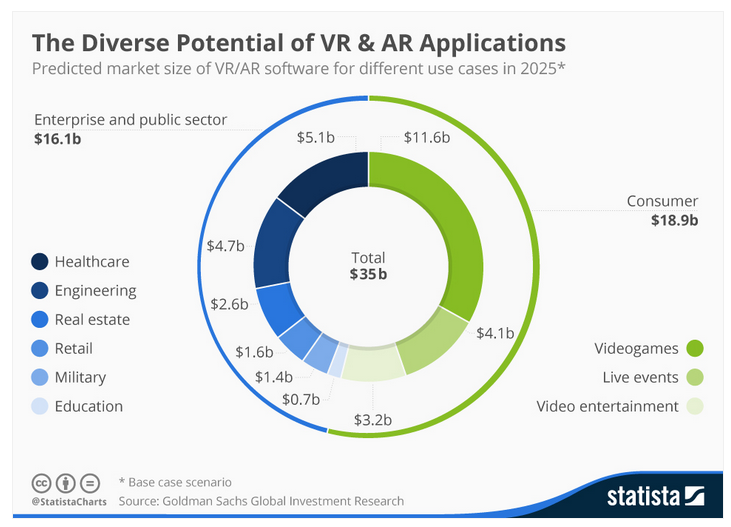
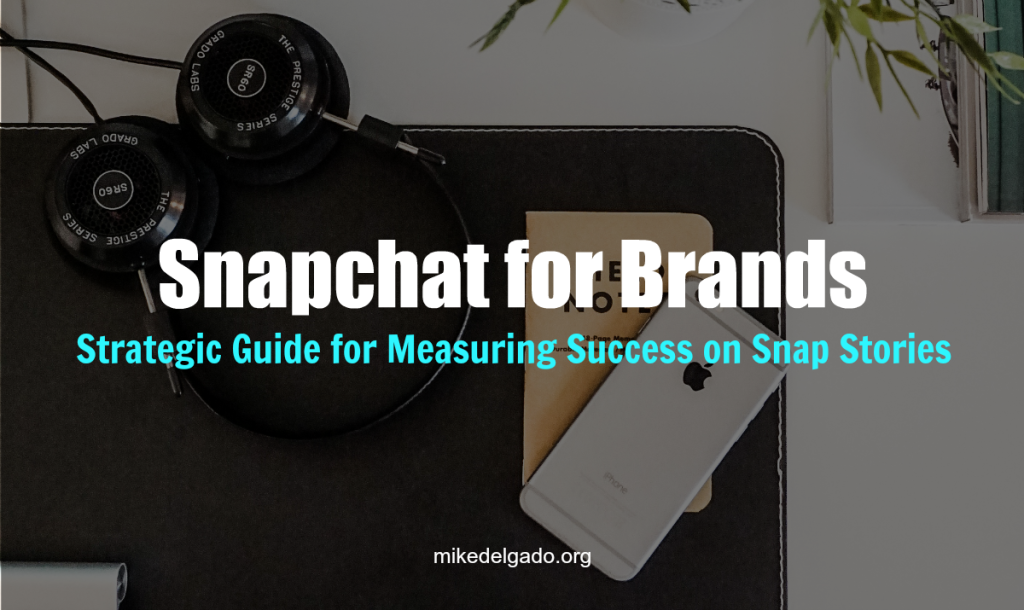
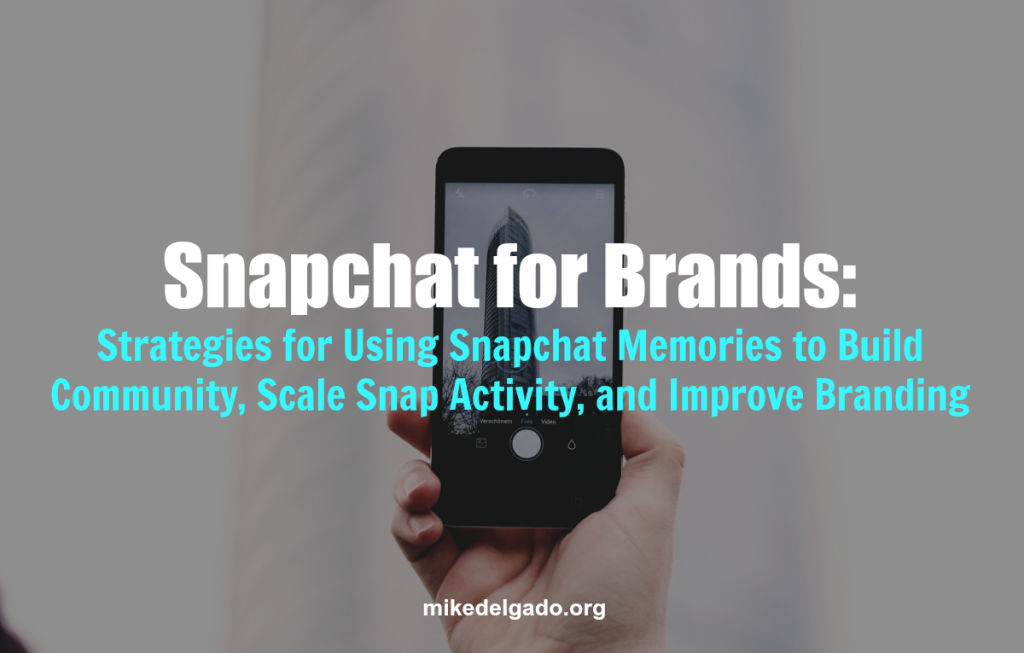
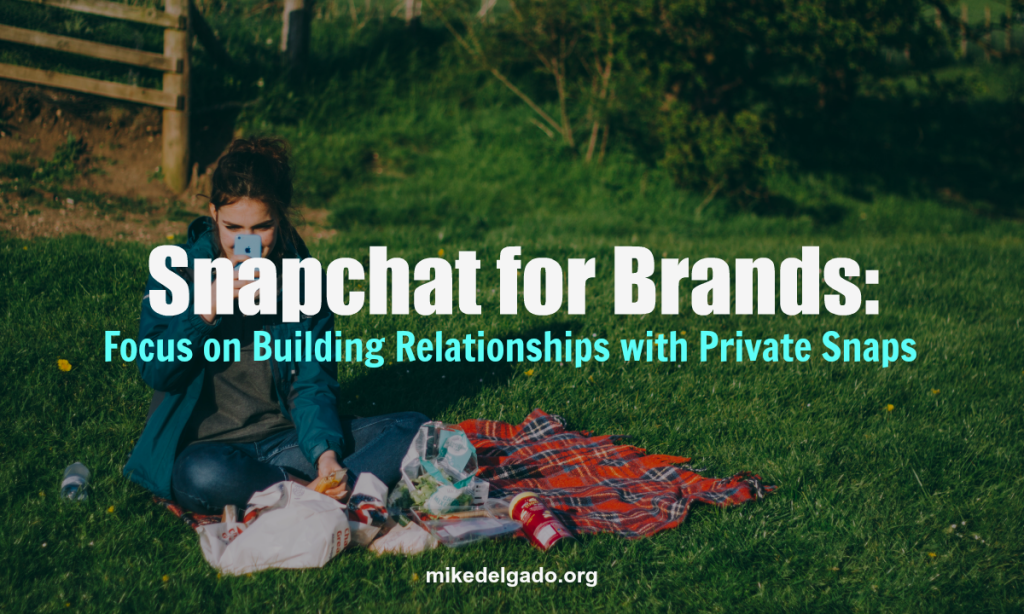
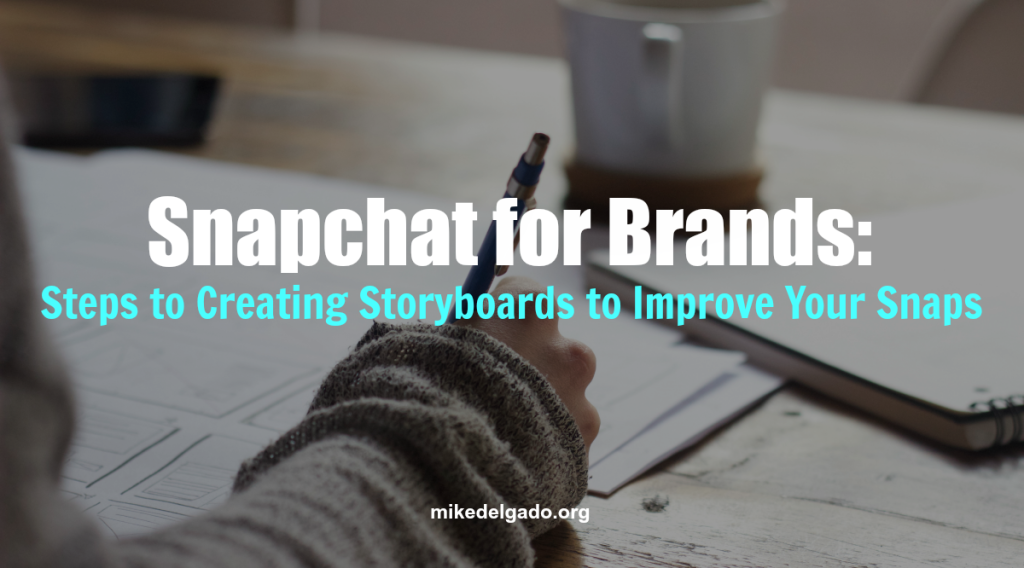
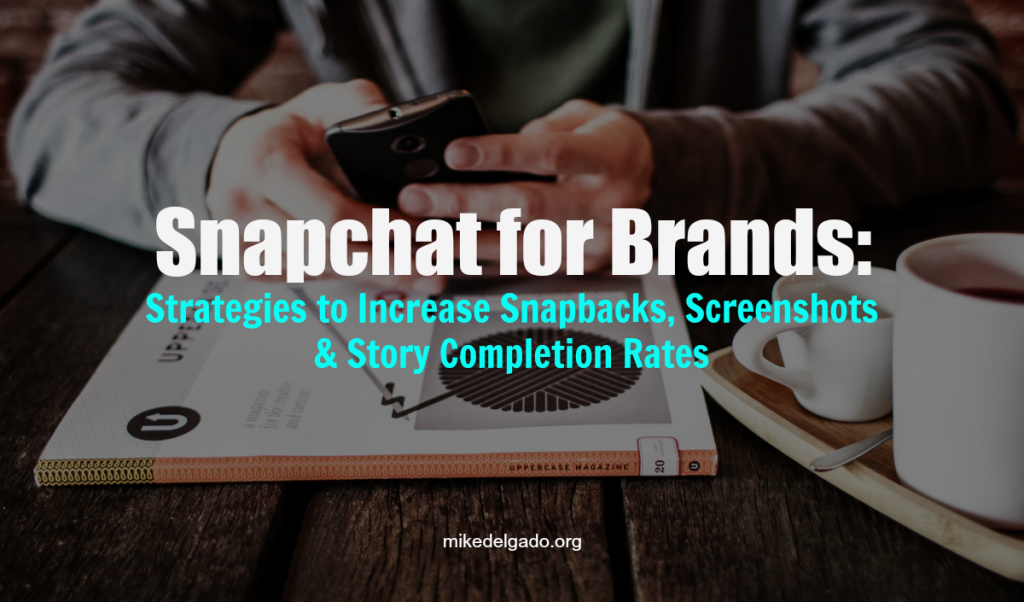

 Whenever you launch a new social profile (or seek to grow awareness of another social channel), you need to let your fans know.
Whenever you launch a new social profile (or seek to grow awareness of another social channel), you need to let your fans know.